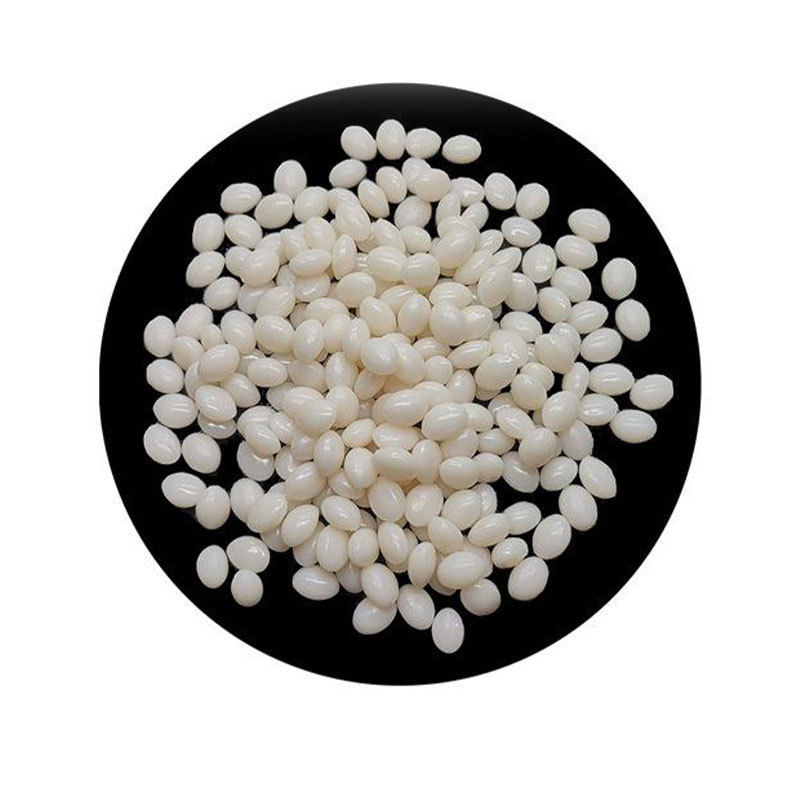
# We sell plastic raw material # PBAT Biodegradable Granules
Product Description
In recent years, non-toxic antimicrobial agents embedded in polymeric nanocomposites have gained potential commercial significance, mainly due to their use in maintaining food quality and ensuring safety. Some scholars have long conducted research on other degradable plastics for bacterium-inhibiting degradable plastics, and these results can be transferred and applied to develop biodegradable bacterium-inhibiting plastics with PBAT Biodegradable Granules as the substrate, providing technical and theoretical support for subsequent industrial production.
Wei et al. prepared antimicrobial thermoplastic starch (ATPS) containing guanidine polymer by twin-screw extrusion from potato starch and poly(hexamethylene guanidine) hydrochloride (PHGH). The non-leachable leached PBAT-based antimicrobial biodegradable polymer was prepared by co-extrusion of ATPS with PBAT under the action of coupling agent 2,2′-(1,3-phenylene)-diazoline (PBO). The non-leaching properties of the composite films were confirmed by washing and ring diffusion tests, and excellent antimicrobial activity against E. coli was obtained even at very low doses of PHGH (1.0 mg/g PBAT film): the PBAT composite film with a mass fraction of 6.4% ATPS inactivated 99.99% of E. coli within 15 s of contact time. Considering the biodegradation rate of the antimicrobial material, the biodegradation behavior and antimicrobial performance of the material before and after the soil burial test for 3 months were investigated in a separate work. PBAT and starch were degraded even in the presence of the antimicrobial agent PHGH, but the biodegradation rate was low. Thanks to the high retention rate of PHGH, the composite material also inhibited the growth of E. coli by more than 99% despite the three-month biodegradation test.
Mondal et al. prepared polybutylene adipate-co-terephthalate (PBAT)/organic clay (CMMT) nanocomposite films using sodium benzoate (SB) as an antimicrobial agent by solution blending method, and the water vapor transmission rate was reduced by 25.21% by adding 4% mass fraction of CMMT nanocomposite to PBAT films. The film's antimicrobial ability, while providing a water vapor barrier, allows for the use of these antimicrobial composites in special applications such as food packaging and medical materials.
There is an urgent need to develop products with excellent basic performance and antimicrobial performance based on PBAT Biodegradable Granules for food packaging, healthcare and other single-use neighborhoods, in order to extend the shelf life of food products and to replace the existing non-degradable plastic products in preventive medical applications. In the future, the development should focus on low cost and excellent overall performance, with emphasis on antibacterial performance and durability.
If you need other plastic&rubber raw material, please transfer to our Products Page and find it!
Hot Tags: pbat biodegradable granules, China pbat biodegradable granules manufacturers, suppliers, factory


















